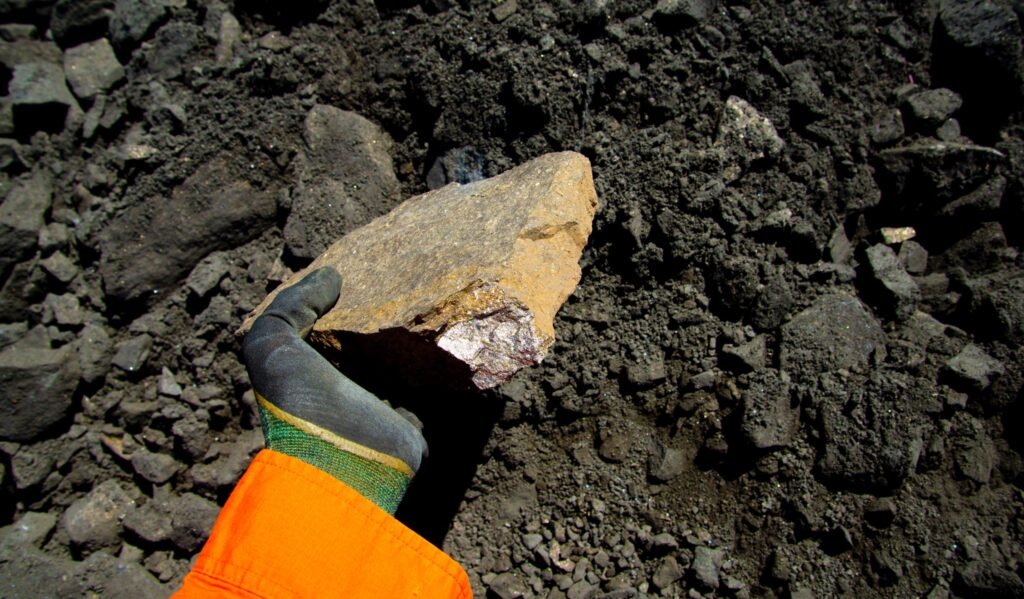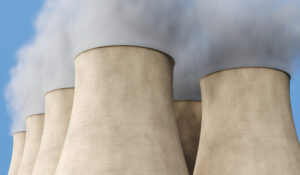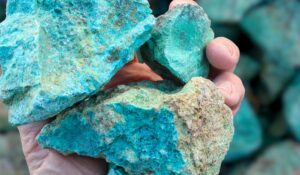Canada is feeling the heat these days when it comes to critical metals like nickel. This month, Johnna Muinonen, the president of Dumont Nickel, highlighted the growing demand for nickel in the battery electric vehicle (BEV) market and emphasized the need for Canada to address its concerns and catch up to other global nickel producers.
Muinonen pointed out that Indonesia currently produces over 30% of the world’s nickel supply, while China dominates the processing of nickel, thereby controlling the battery supply chain. She stressed the importance of creating more nickel mines and refineries in Canada by 2030 to meet the increasing demand. Muinonen presented data from the International Energy Agency, which showed Canada being grouped with other countries rather than being mentioned individually.
She also mentioned the newly passed U.S. Inflation Reduction Act, which provides tax incentives for clean energy, including electric vehicles. This legislation could benefit U.S. free trade partners like Canada and incentivize the use of Canadian-sourced battery critical minerals such as nickel.
Part of Canada’s problem is really a problem in the West as a whole. Mining investors, and therefore mining companies, are risk averse. This hinders project development and prevents mines from being operational in the future. Canada has some impressive nickel deposits. However, while the government has made plenty of grand statements, it has not provided enough real incentives to help investors get over their trust issues. Whether Canada really has the determination to develop its nickel potential in time is hard to say. At this stage, I’m not sure the odds are favorable.
Anthony Milewski
Chairman, Nickel 28 Capital











